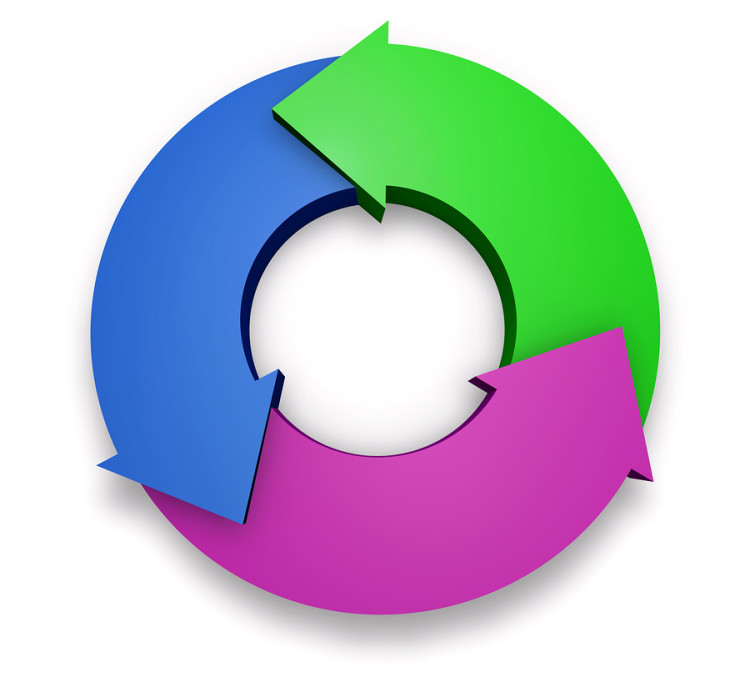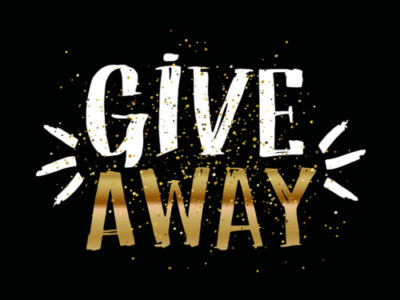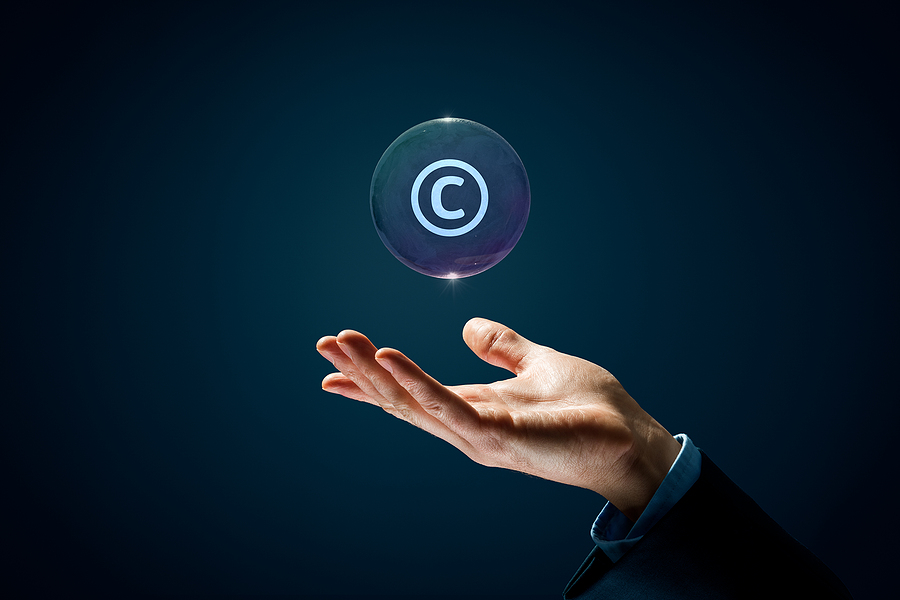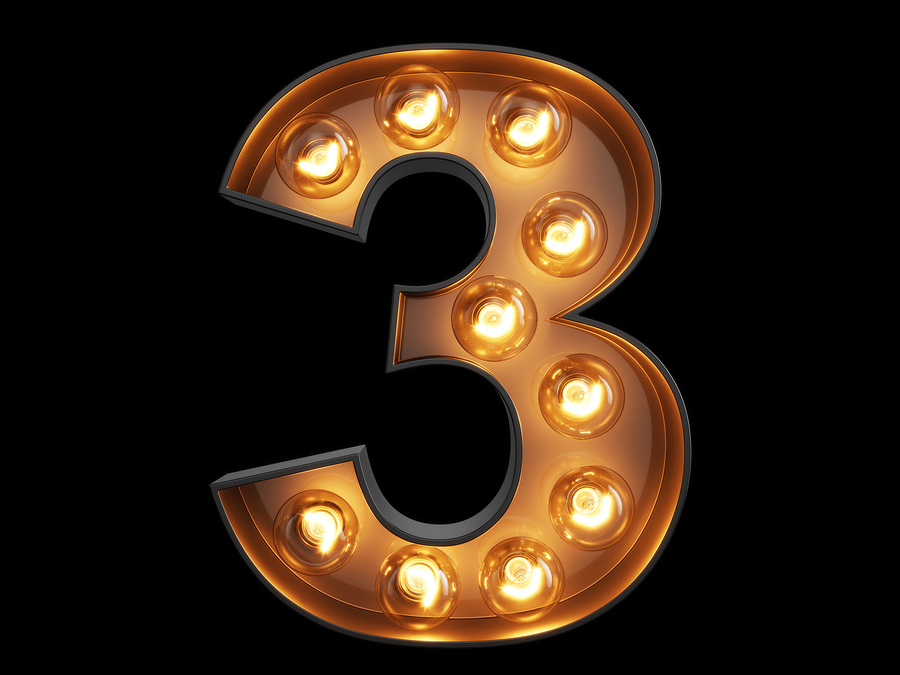We are asked this question so frequently that I have to re-run this post on a regular basis!
Since it has become so easy to self-publish, many authors are creating their own books, both in ebook and print form. Later, those authors are not quite sure what to do if/when they want to approach an agent. Or pitch to an editor at a conference.
Should they just send a copy of the book with a letter? Or should they create a proposal? Or do both? Is there truly a right way and a wrong way? And if you are at a writers conference, why not just bring a copy of the book? You may not like my answer:
It depends.
In my opinion, it is best to start over with a full proposal and sample chapters. In other words, act as if the self-published work doesn’t exist.
YET, at the same time, within the proposal itself you must, absolutely must, disclose that the book was self-published and has sold xxxx number of copies.
Why not just send the book? Or a PDF of the ebook? Or the Kindle file?
I didn’t say you couldn’t. What I said is that it is best to start over fresh. Why? Because of first impressions. Over the years, I’ve received hundreds of finished self-published books instead of proposals with sample chapters. Unfortunately, the artwork on the cover or the interior design or the printing quality of the book can be less than stellar. It is unfortunate, but I cannot avoid comparing your book to the covers I see from the industry’s finest designers. It is human nature to compare.
Beyond the book cover, I’ve seen some weird font inside a finished book, which rendered it unreadable. Or the author was trying to save printing costs by reducing page count. Try to imagine a printed book with an 8-point font, single-spaced. (Yes, that has happened–more than once.)
We’ve had people email a PDF of their entire self-published work. Often, the file size is enormous. Or another author sent me their epub file (expecting me to download the file, then upload it to my eReader). [Nope. Not going to happen.] More than once, we’ve been sent a flash drive with files on it that we were instructed to download for review. [We don’t know where your flash drive has been.] Or we frequently receive a link to a cloud-based folder to download the file. [Nope.] And believe it or not, I was once invited in an email pitch to buy their book on Amazon if I was interested in representing it. [????]
I mentioned full disclosure of sales above. If your book has sold 5,000 or 10,000 self-published copies, say that in your cover letter. That is significant news. (And that means full-price sales, not free ebook downloads.) It means you are quite the entrepreneur and know how to sell books. That is a good thing.
If your book only sold 75 copies, that isn’t quite as exciting.
The next question will be asked, “Of those 10,000 sold, at what price were they sold?” Plus, “Were those print sales or ebook sales?” If you say, “I sold 9,500 at 99 cents each,” that won’t move the needle.
Why do we ask those questions? Because if we represent the project, a major publisher will ask the same questions of us.
Ultimately, what you really want is to have your words be what is evaluated by the agent, the editor, and the publisher. Not whether or not you had a good graphic designer. The best way to make that happen is to present your story or nonfiction book plain and simple in a regular book proposal.
Of course, there are exceptions (and it is not a “rule,” only a guideline). There are times where the packaging of someone’s book is so terrific that it actually helps sell the book! But in a case like that, you are betting that the agent or editor has the same taste in design that you do. I’ll admit to being “sold” by an indie author’s extraordinary packaging of their book. It suggests they are willing to invest in their work and their brand, and they know good work when they see it. (But then if they did so well on their own, why are they looking for an agent? That is a question for another day.)
As always, check the agent’s guidelines before sending anything to an agent or a publisher.
Read and then add your thoughts to the previous comments below. The exchanges can be instructive.
[An earlier version of this post last ran in May 2020.]










